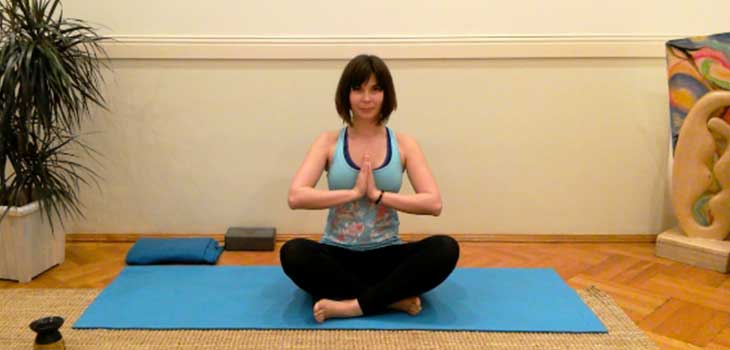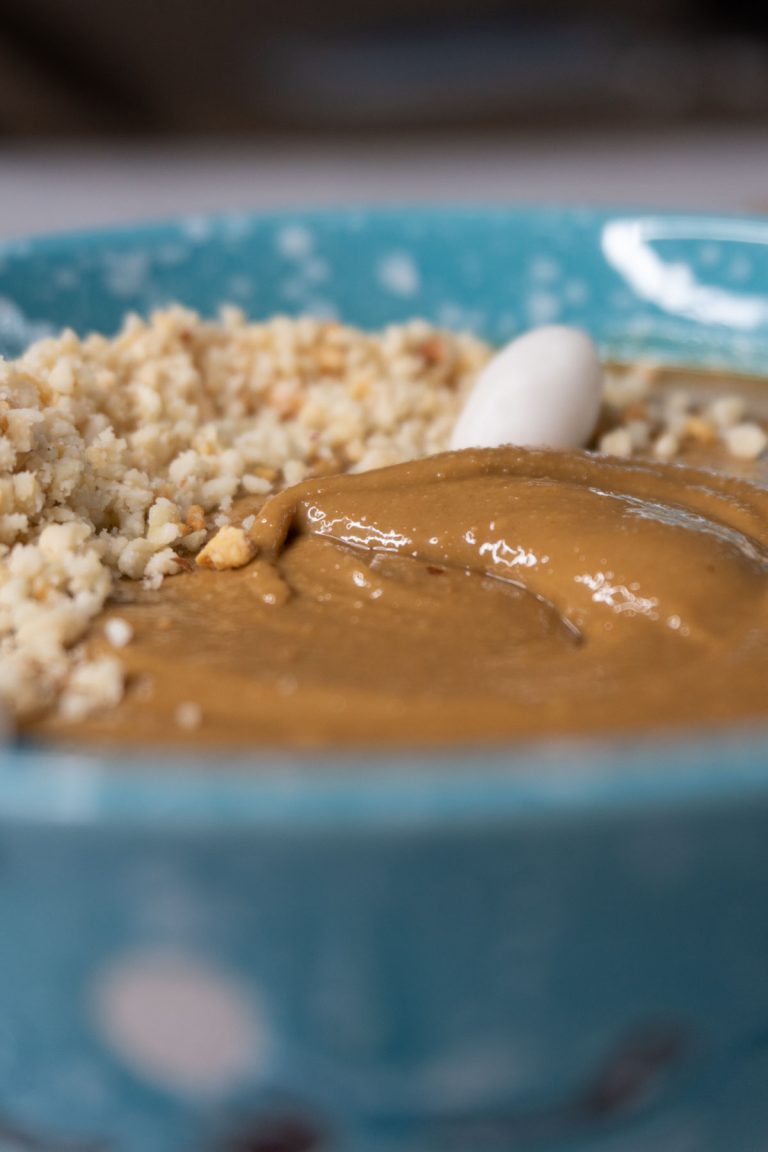How to Make 2023 the Year You Commit to Sustainable Living

It’s easy to become daunted by the amount of collective work needed to combat climate change, but the reality is that we all need to do our part to make a difference. Even small changes are capable of having a huge impact when we all make an effort, and 2023 could well be the year that you make those very changes to a more sustainable lifestyle. Not sure where to start? Here are a few ways you can develop a greener way of living without it requiring a complete transformation of your lifestyle, from mindful choices to eco swaps.
Tips for easing into sustainable living
Before we get into the specific changes you could make, it’s important to understand that switching to a sustainable lifestyle is, for most people, a slow process. Trying to do it all at once can be overwhelming and it sets you up for failure, because you quickly feel out of your depth. Instead, pick one or two areas where your carbon footprint is particularly high, and find ways to reduce them before adding to that list.
For example, instead of going vegan overnight, why not try to eat plant-based twice a week at first and gradually build up from there? If you drive to and from work everyday, maybe you can take the bus one week out of the month to reduce your travel over the course of the year. Starting small and increasing what you do over time is a manageable way of living a more sustainable life and one which is more achievable for most people.
Go plant-based and waste less
Global food production accounts for one third of our carbon emissions, according to the U.N., and over half of that total comes from animal-based foods. So cutting back on the quantity of meat and dairy that we eat can have a huge impact on our overall carbon footprint.
The presence of dairy alternatives and meat substitutes has increased considerably in recent years, meaning it’s easier than ever before to go plant-based with your diet, but even making the switch once or twice a week could make a big dent in our global animal consumption if everyone took the same action.
But whatever you choose to eat, making sure you waste less is an easy way to save money and protect the planet. It’s believed around 1.6 tons of food are wasted every year globally, contributing to greenhouse gasses, so buy what you need and ensure it’s being eaten rather than being thrown away each week.
Reuse and recycle
Making the best use of what you already have is one of the most sustainable solutions we have. So, educating yourself on your local recycling rules and getting creative with repurposing items that are no longer fit for purpose can help to minimize the quantity of products ending up in landfills around the world. For example, old t-shirts can be turned into hair accessories or cleaning cloths, while packaging from online deliveries can be repurposed to wrap gifts.
There are numerous platforms that make it easy to buy used items too — what one person no longer has a use for may be exactly what someone else needs to buy. Buying secondhand reduces the number of new products hitting the market, minimizes the quantity of materials needed to be sourced, and protects the environment while also saving consumers money.
Reduce your single-use plastic
Single-use plastic is a big problem, but it’s also something that’s easy for us to reduce with just a little effort. Many of us already have items in our homes to make it possible to reduce our single use plastic, from cloth bags for grocery shopping to a reusable coffee cup for takeaway coffees on the way to work and even steel or glass straws to replace plastic ones.
You can also decline single-use plastic utensils when you get takeout, bring your own container for leftovers rather than take your food home in plastic containers and carry a cloth bag with you for those unexpected purchases when you’re out and about so you don’t have to rely on plastic grocery bags.
Cut your energy consumption
Our homes are huge consumers of energy, so it’s a great place to make cuts and be more mindful about your energy use. With energy costs higher at the moment, it’s a switch that can benefit your wallet as well as the planet, and it’s relatively easy to do without it feeling like a huge change to your lifestyle.
For example, switching off lights when you leave the room, turning your thermostat down for your heating or replacing incandescent light bulbs with LED alternatives all contribute towards a greener property. It can also help to dry your clothes outside when the weather is warmer and wash your clothes at a lower temperature.
Travel sustainably
Whether you’re someone who drives to work every day or you enjoy multiple trips abroad each year, there are ways to cut your carbon emissions by making more sustainable travel choices. For example, if you drive to work, is it possible to take the bus or train instead, or maybe carpool with your colleagues to cut down on the number of vehicles on the road. Road travel accounts for around 15% of the world’s total CO2 emissions, so making changes can have a big impact if we all do our part.
Likewise, if you enjoy exploring the world with vacations, can you offset your air miles or find alternatives to flying which is incredibly bad for the environment — in just the last two decades, the number of international tourists have more than doubled, which comes at the expense of the environment and also local communities. Choosing train travel, for example, is a greener way to see the world without flying, while choosing the locations you visit more carefully can help to contribute to local communities without harming them.
Educate yourself
Lastly, education is free and it’s a key aspect of living a sustainable lifestyle, because it informs your actions and can make it easier for you to encourage those around you to take similar actions in their own lives. From blogs and articles online to newspapers, local community groups and documentaries, keeping yourself educated on environmental matters will keep you motivated to stick with your new habits, serving as your ‘why’ when you make a change.
Another way to stay educated on current affairs and environmental matters is with social media. Social platforms raise awareness of various eco subjects, and it’s a great place to meet like-minded people, whether local to you or not. Why not get involved in online discussions or start your own conversations which others can join.
Sustainability is a big topic right now, and with good reason. Experts have repeatedly stated that we need to start making changes as a whole to combat the negative consequences of climate change, and as consumers, it’s relatively easy for us to bring our carbon footprint down by simply making a few swaps.
If you make this, please leave a review and rating if you liked this recipe! ★★★★★






